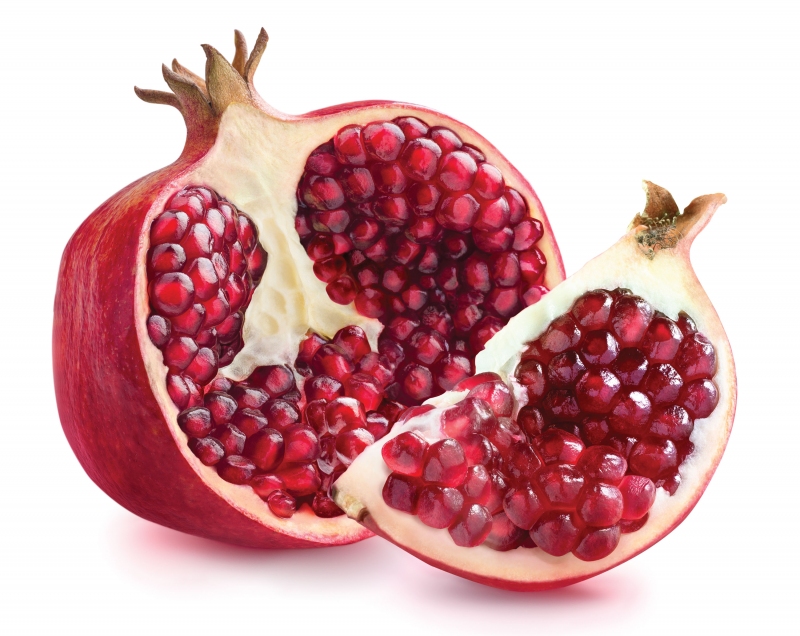A pomegranate contains hundreds of antioxidant-rich juicy red seeds suspended in a bitter white membrane. The seeds have been utilized in everything from appetizers to desserts by our local restaurateurs. Select has served a beet salad with a pomegranate vinaigrette. When the fruit is in season, Cafe Leva uses the seeds to top its lemon tarts.
Pomegranate Patience
Ahmad Sabetghadam, CEO and chef from Sabzy Persian Grill, says: “Pomegranate is known as the fruit of patience.” During the Persian winter solstice festival of Yalda, pomegranates are eaten, seed by seed, throughout the night. “We believe that by eating that much pomegranate on one night, we’re cleansing our body, our blood system and our immune system, and gets us ready for the winter.”
Cold Comfort
Food is thought of in terms of its energy in many cultures around the world; it’s either hot or cold. This is not a measure of temperature, but rather how the ingredient makes you feel. In Persian culture, cold foods, such as beef, fish, dairy products and pomegranate are low-energy foods, whereas hot foods, such as walnuts, poultry, mutton, wheat and sugar, are high in energy. Putting them together to make the ideal dish is not unlike combining Yin with Yang, explains Sabzy’s Sabetghadam. “Everything has to be balanced.”
Juicy Fruits
Pomegranates have incredible shelf life – keeping for several months in a humid, cool fridge. Even better, the fruit’s flavour and juiciness are enhanced in storage.
RECIPE
Fesen-jaan
(Pomegranate Walnut Marinated Chicken Stew)
Recipe courtesy of Sabzy Persian Grill
(serves 8)
1 orange bell pepper
2 tbsp ginger, crushed
3-4 cups of mango juice
1 large white or yellow onion, sliced
3 cloves of garlic, sliced thinly
5 tbsp oil
Spices: Turmeric, black pepper, salt and ground cloves, to taste
5-6 lbs of skinless, boneless chicken thigh
1 quince
5 carrots, peeled
3-4 cups of pineapple juice
3 lbs of finely ground walnuts
1 cup of melted unsalted butter
